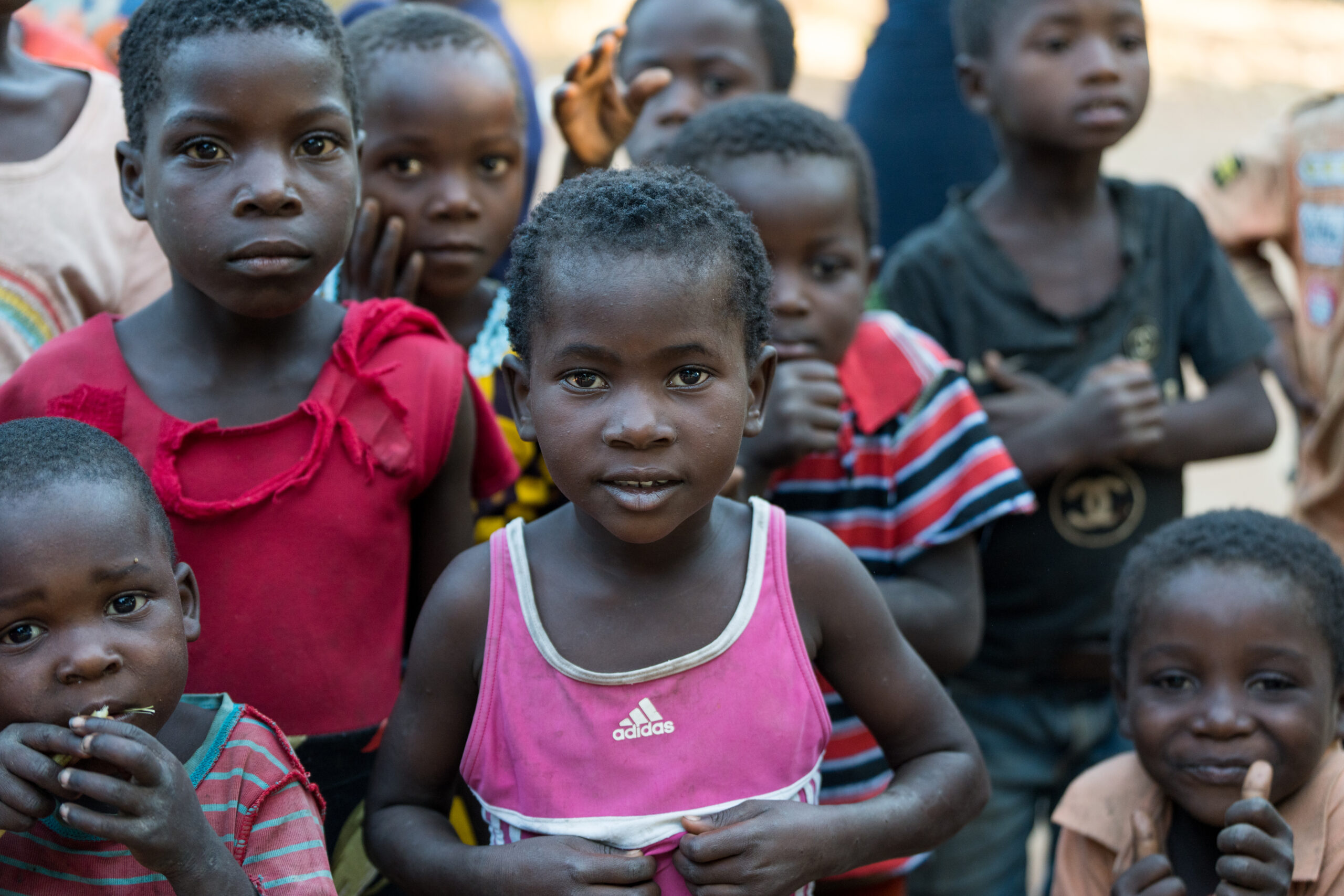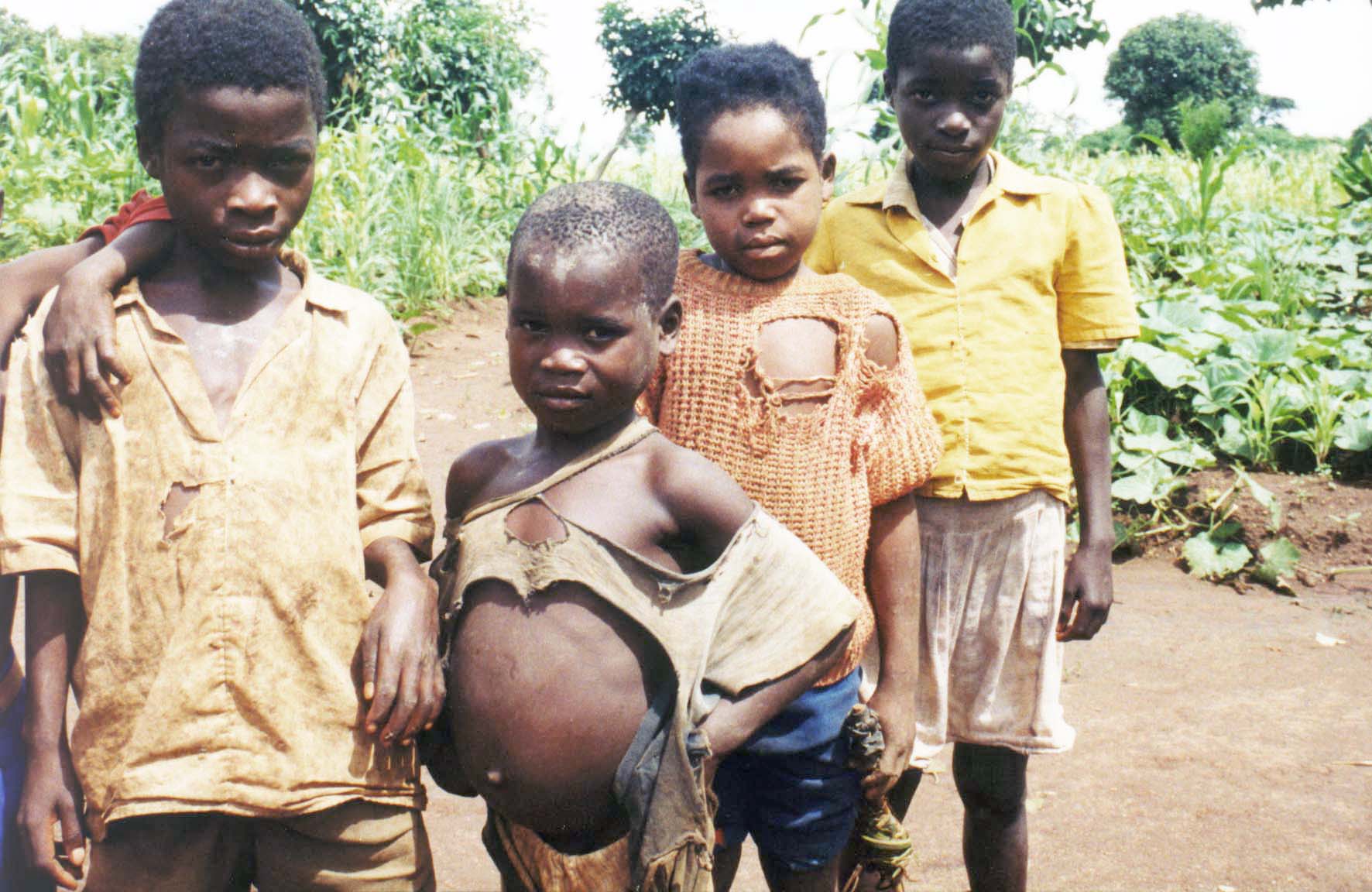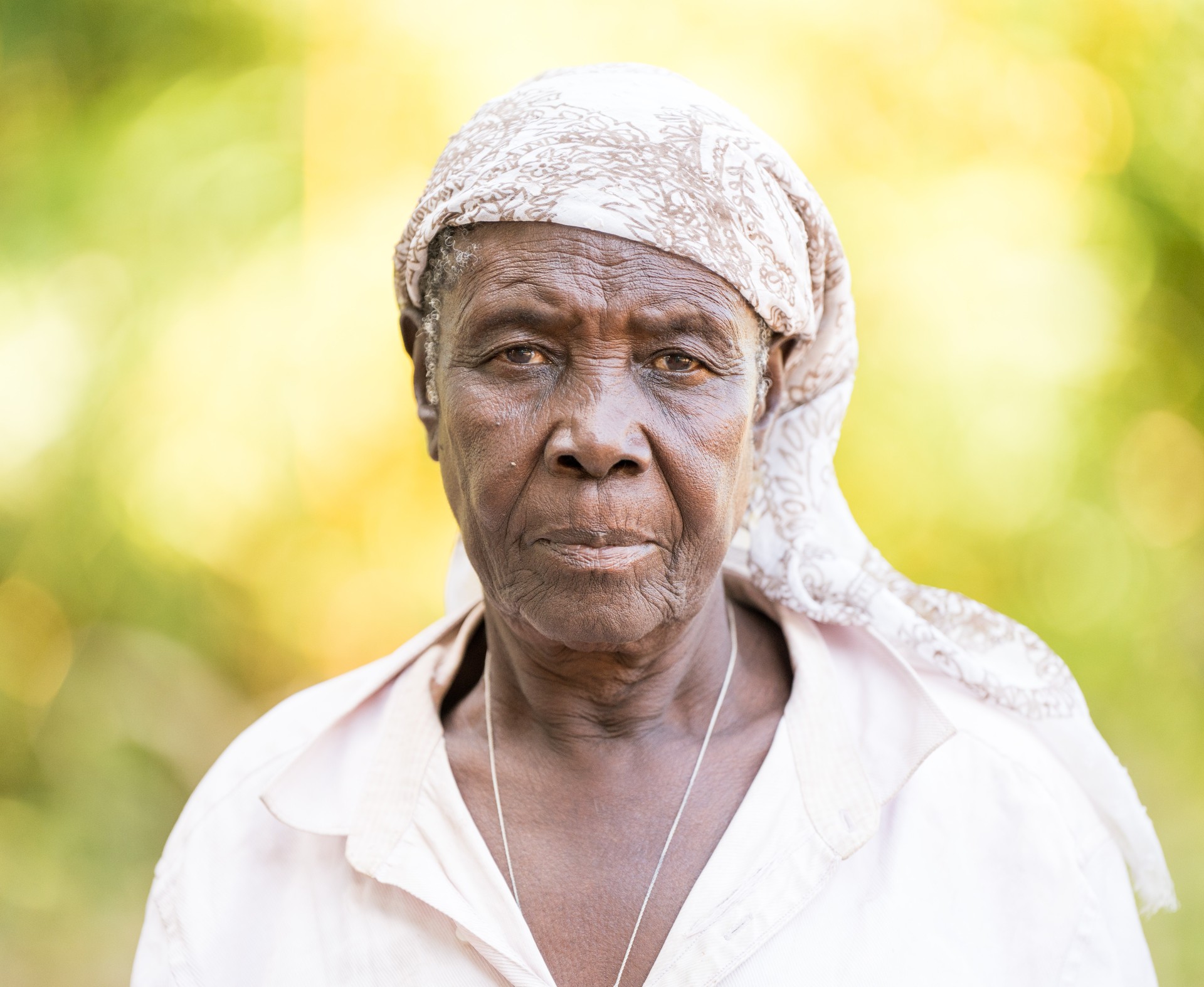The Needs
With sayings like:
“tomorrow belongs to someone else,”
&
“Let me eat first,”
hope is desperately needed.



Median age
people that are 15 years old or older are HIV positive
%
of girls are married before 18 years old
%
of children were invloved in child labor
%
of children die from preventable conditions
%
of population is under 15 years old
%
of HIV infections are in women; of which 50% are between ages 15 and 24 years old
%
of children under 5 experience variations of stunted growth
children live on less than $1/day
%
of population is under 25 years old
%
of woman experience child abuse
%
of children experience multidemensional poverty
%
of population live below the international poverty line of $1.90/day
GDP per capita; Average earnings per person per year
A tribe living in the valley of death’s constant shadow. This may sound dramatic, but it’s no exaggeration. Consider what they face every day:
- Love and respect between parents and children is in rapid decline
- Parents and chiefs feel they have lost the next generation
- A language in decline, and most likely destined to die without intervention
- A people ashamed of their identity, language and culture; an entire society that feels insecure and depressed
- A culture and society that is becoming unglued due to external pressures (much of it coming from the West directly or indirectly)
- A tribal leadership disempowered by colonialism and subsequent political-economic events – some of it the result of global powers
- Polygamy is legal, and common
- They are a people who feel powerless and hopeless – with sayings like “Tomorrow belongs to someone else!” and “Let me eat first” — meaning “I need to focus on getting what I can today” and “I don’t know anything about the future” and “What will be, will be.”
- A people who are losing a sense of their past – where they are from (their history is oral), and who have lost hope for the future – who see no way forward, and so find themselves floundering in an endless and incomprehensible sequence of present moments
- Toxic social breakdown – diminished respect, almost no cooperation with each other or with their chiefs, profound cynicism and distrust
